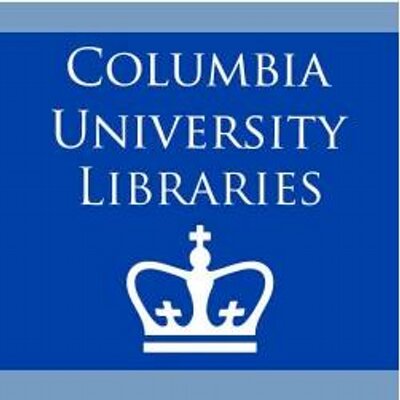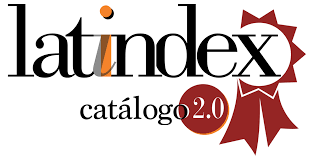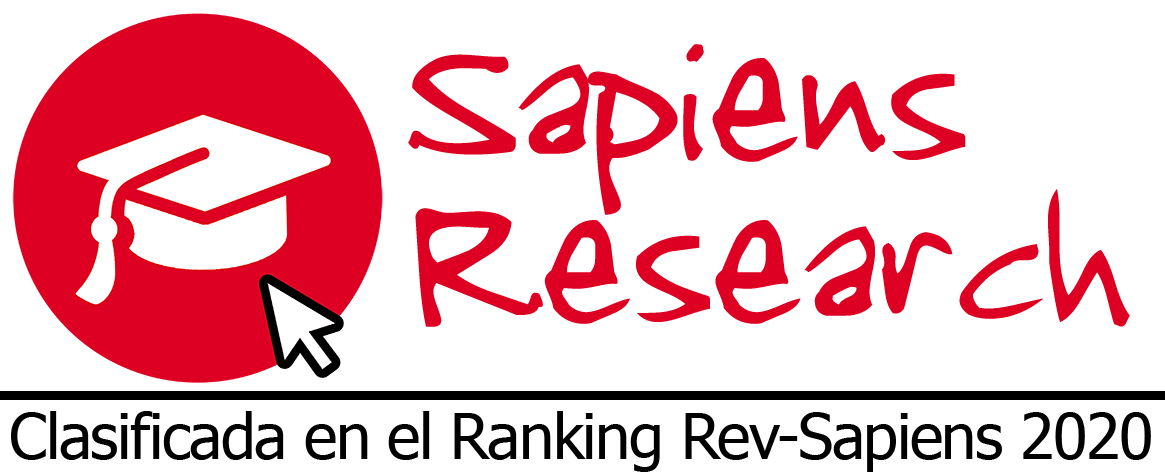
La Revista de Arquitectura se cataloga como una publicación de acceso abierto. Más información >>>
Los autores conservarán los derechos de autor y garantizarán a la Revista de Arquitectura el derecho de primera publicación de la obra, el cual estará simultáneamente sujeto a la licencia Creative Commons (CC) BY-NC.
Los autores suscribirán una licencia no exclusiva de distribución de la versión de la obra publicada mediante la firma de (RevArq FP03 Autorización reproducción)
El Autoarchivo estará de acuerdo con los criterios expresados por SHERPA/RoMEO y la clasificación Verde.
Para ver en detalle estos lineamientos, por favor consultar >>>
Resumen
El presente trabajo está orientado a comprender la significación de las competencias investigativas para la integración de saberes curriculares en el Taller de Diseño Arquitectónico (TDA). Se desarrolló este estudio desde el enfoque fenomenológico hermenéutico pedagógico, de Van Manen (2003), centrando el interés en experiencias vividas por estudiantes y profesores de arquitectura, con apoyo en referenciales teóricos. A partir de entrevistas en profundidad, analizando y triangulando datos con aportes teóricos, se realizaron interpretaciones intersubjetivas, de donde emergieron las categorías: procesos investigativos, procesos integradores de saberes, visión del TDA y rol del profesor, que posibilitaron comprender la relevancia de las competencias investigativas, a través de procesos, prácticas y actitudes para la investigación; estas últimas, de elevada significación, en tanto posibilitan el entendimiento, el desarrollo y la eficiencia del proceso de diseño como resultado de integrar saberes curriculares. Se elaboró una aproximación teorética del aporte de estas competencias para la integración de saberes curriculares en el TDA.

Citas
Bachelard, G. (1948). La Formación del Espíritu Científico. (J. Babini, trad.) (23 ed.) México: Siglo XXI Editores.
Braslavsky, C; Acosta, F. (2006) La formación en competencias para la gestión y la política educativa: un desafío para la educación superior en América Latina. Revista Electrónica Iberoamericana Calidad, Eficacia y Cambio en Educación. 4(2e) 27-42. https://revistas.uam.es/reice/article/view/10078
De Zubiría, J. (s/f) ¿Qué son las competencias? Una mirada desde el desarrollo humano. (Documento en línea). Centro de Investigación y Desarrollo Educacional (CEIDE).https://www.academia.edu/17593400/Que_son_las_competencias_una_mirada_desde_el_desarrollo_humano
Delgado, R. (2009) La integración de los saberes bajo el enfoque dialéctico globalizador: la interdisciplinariedad y transdisciplinaridad en Educación. Revista Investigación y Postgrado, 24(3) 11-44. https://dialnet.unirioja.es/servlet/articulo?codigo=3674409
Dreifuss-Serrano, C. (2015). Enseñanza-aprendizaje en el taller de diseño. Limaq, (001), 67-92. https://doi.org/10.26439/limaq2015.n001.354
La Universidad del Zulia. Facultad de Arquitectura y Diseño (2011) Currículo 2008-2011. Programa de Arquitectura. Maracaibo: Autor. https://introduccionaldisenofadluz.jimdofree.com/
Le Boterf, G. (2006) Repenser la compétence. Pour dépasser les idées reçues: 15 propositions. (Libro en línea) Éditions d’Organisation Groupe Eyrolles. https://drive.google.com/file/d/1GMTN-RvYzwAoQ69b305mrsfv6DnUK-sz/view
LeCompte, M. (2000). Analyzing Qualitative Data. Theory Into Practice, 39(3), 146-154. http://www.jstor.org/stable/1477546
Rivera, M; Arango, L; Torres, C; Salgado, R; García, F; Caña, L. (2012). Competencias para la Investigación: Desarrollo de habilidades y conceptos. México: Trillas.
Tobón, S (2006) Aspectos Básicos de la Formación Basada en Competencias. (Documento en línea), Talca: Proyecto Mesesup. 1-16. https://maristas.org.mx/gestion/web/doctos/aspectos_basicos_formacion_competencias.pdf
Van Manen, M. (2003) Investigación educativa y experiencia vivida. (Oh Miro, Servicios Editoriales, trad.). Editorial Idea Books.

































